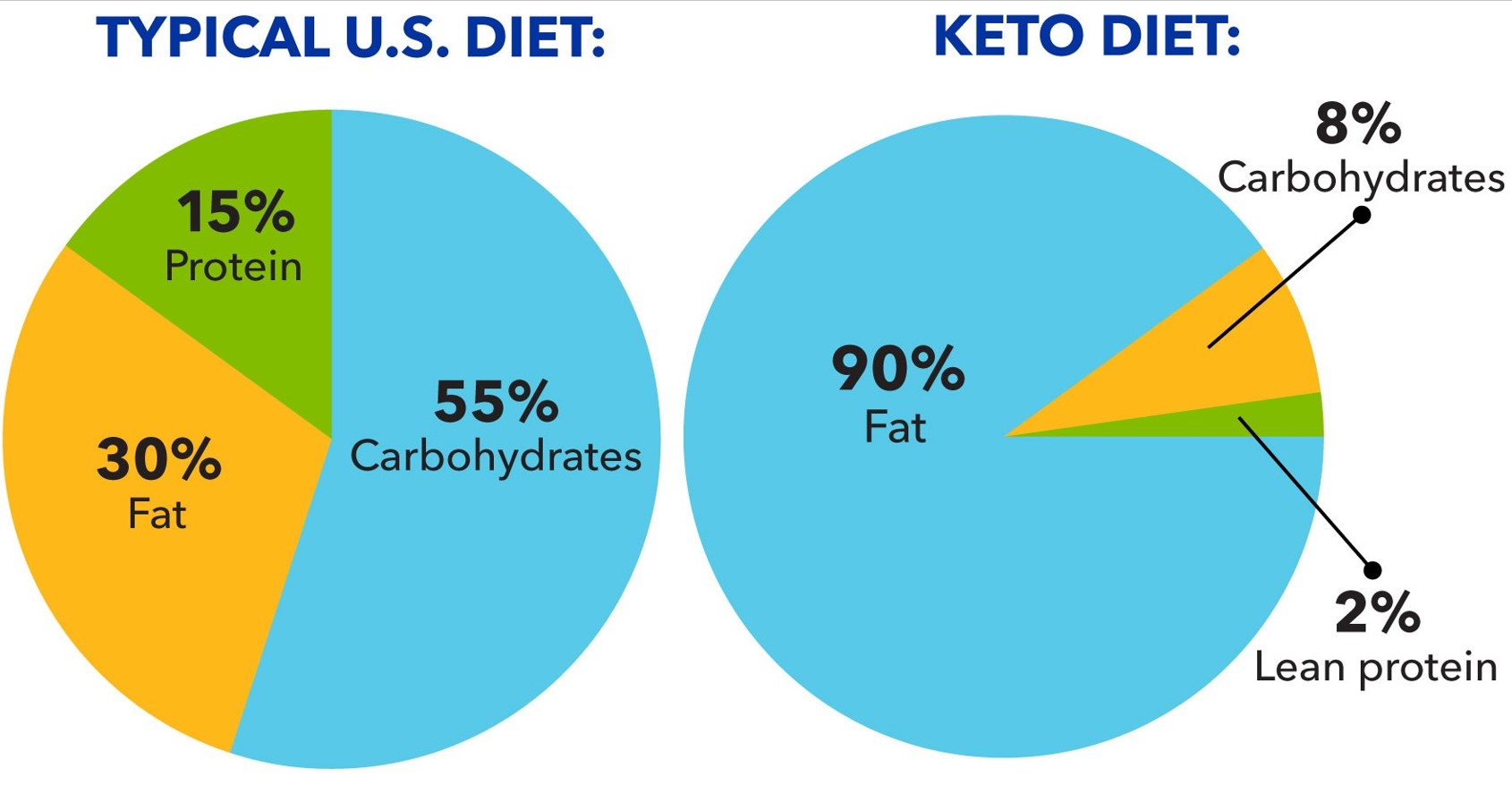Treating epilepsy with the keto diet

A very low-carb diet can make a big difference for children who don’t respond well to other epilepsy treatments. The UK Epilepsy Clinic is showing families how to use the ketogenic (keto) diet to reduce and even eliminate seizures.
What is the keto diet?
The keto diet is often touted as a weight-loss method, but it’s really a medical diet that’s been used to treat epilepsy since the 1920s. “The keto diet is a strict diet that mimics the effects of fasting,” said G. Qutubuddin Khan, MD, a pediatric neurologist at the UK Epilepsy Clinic. “Keto requires you to cut out most carbohydrates and sugars while eating more fats and limited proteins.” The name comes from a process called ketosis, which occurs when someone fasts and the body starts burning fat instead of carbs. Keto also works well for adults with difficult-to-treat epilepsy with medications.

How does the keto diet work?
Typically, your body uses carbs and sugar for energy. But cutting out most carbs forces the body to burn stored fat for energy. Researchers aren’t exactly sure how the keto diet works. It may lower the “excitability” of the brain, which reduces seizures.
If it’s followed carefully, the keto diet works for children whose epilepsy is difficult to treat:
● 7% of children become seizure-free
● 30% of children have a 90% reduction in seizures
● 50% of children have a 50% reduction in seizures
Khan recently treated a 15-year-old girl who went from having daily grand mal seizures to much less frequent and less severe seizures. “It’s a game changer if medicine isn’t working,” said Sara B. Police, PhD, director of Nutritional Sciences Education at the UK College of Medicine’s Department of Pharmacology and Nutritional Sciences. Clinical trials are also underway studying how the keto diet might be used to treat malignant glioma, Alzheimer’s disease, migraine, motor neuron disease and other conditions.
Treatment at UK HealthCare
The keto diet can cause low glucose levels early on, so it’s important to work with a physician and dietitian. Families meet with Khan and a dietitian either in person or via telehealth before embarking on the keto plan, but ongoing monitoring can be done at satellite clinics throughout Kentucky to save travel time and costs.
“The biggest problem is non-compliance,” Khan said. “Many patients have trouble sticking to the diet, but if they are prepared and they stick to it, things can improve.” The diet can be modified to include slightly more protein and carbs for children who don’t adapt well to it or experience side effects.
Keto tips for kids
The keto diet can cause weight loss, but Chef Tanya Whitehouse recommends recipes that have enough fat and calories to keep kids from losing weight. Whitehouse, the Learning Kitchen program manager at the UK Food Connection, also focuses on finding keto-friendly foods picky eaters will enjoy. “There are ways to adapt almost anything your child likes,” she said. Some of her favorite tricks include:
● Pizza: Try a cauliflower crust or even a crustless pizza with ground meat at the bottom.
● Cauliflower steaks: Roast this veggie and add Italian seasoning.
● Mac and cheese: Make this kid favorite using cauliflower rice instead of pasta.
● Chicken nuggets: Adapt this other kid staple for keto by using an almond flour coating.
Of course, not everyone in the family will need or want a keto diet. To avoid making multiple different meals, Whitehouse and Police suggest:
● Prepping ahead of time to make meal creation easier
● Using adaptable bowl recipes that everyone can modify how they want
Bowl formula: Base + veggies + protein + sauce + garnish
Make an appointment
If you or your child has epilepsy that isn’t well controlled, contact the UK Epilepsy Clinic at 859-323-5661.





